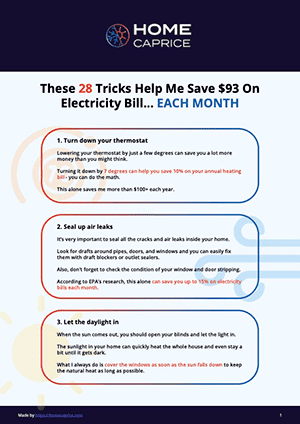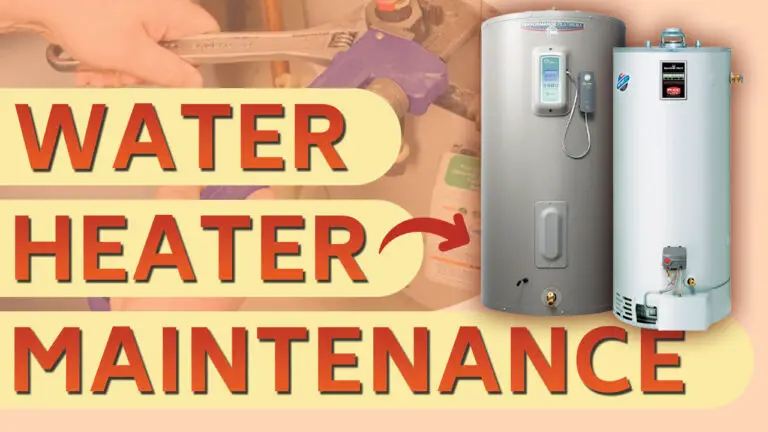Electric water heaters typically have one or two heating elements and thermostats, and they are usually powered by a dedicated circuit with a fuse or circuit breaker.
The location of the fuse or circuit breaker depends on your specific installation, but here are the general steps to locate it:
- Circuit Breaker Panel: Start by checking your home’s circuit breaker panel. Electric water heaters are usually wired to a dedicated circuit, which should be labeled. Look for a label indicating “Water Heater,” “Water Heater Circuit,” or something similar.
- Fuse Box: If your home has an older electrical system with fuses instead of circuit breakers, check the fuse box. Again, look for a fuse labeled for the water heater.
- Dedicated Circuit: Electric water heaters typically have their own dedicated circuit to handle the high power requirements. The circuit may have a double-pole breaker or two separate single-pole breakers, depending on the wiring configuration.
- Labeling: If the circuit breaker panel is properly labeled, finding the water heater circuit should be straightforward. However, if it’s not labeled, you may need to test or visually inspect each breaker to identify the one associated with the water heater.
- Disconnect Power: Before attempting any maintenance or checks, it’s crucial to turn off the power to the water heater. Switch it to the “off” position if it’s a circuit breaker. If it’s a fuse, remove the fuse.
- Additional Safety Measures: For additional safety, you may want to use a voltage tester to ensure that the power is indeed off before performing any work on the water heater.
The specifics can vary depending on your water heater model and local electrical codes. If you’re unsure or uncomfortable with the process, it’s recommended to consult with a professional electrician or the manufacturer’s documentation for your specific water heater model. Electrical work should always be approached with caution to ensure safety.


Download this FREE cheat sheet to find 28 tricks that can help you save on your electricity and heating bill each month.
Click here to get a FREE Cheat-Sheet
![5 Best Electric Tankless Water Heaters [Top Picks]](https://homecaprice.com/wp-content/uploads/electric-tankless-water-heaters-768x512.png)
![How Long Do Water Heaters Last [Quick Answer]](https://homecaprice.com/wp-content/uploads/how-long-do-water-heaters-last--768x512.png)